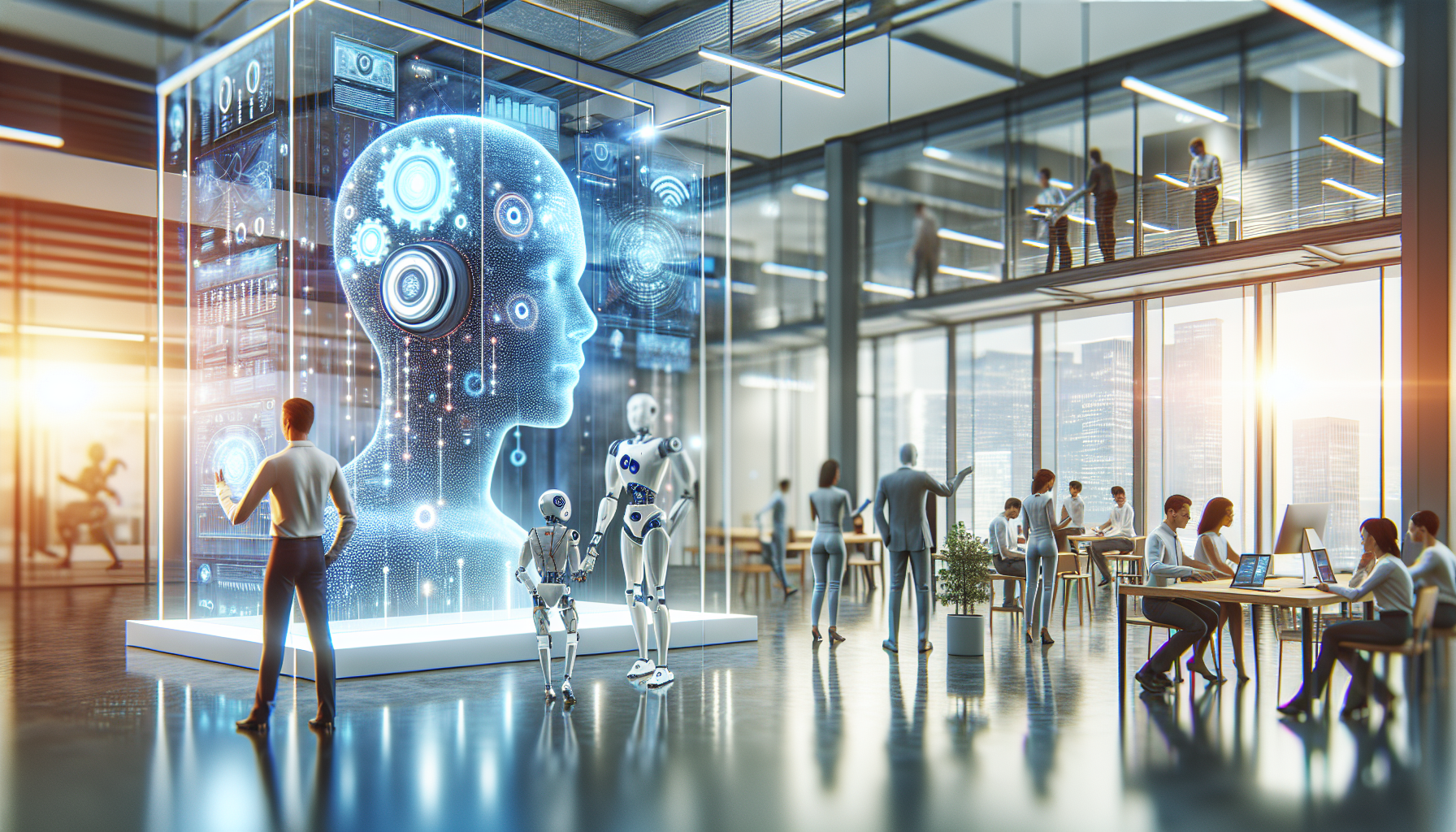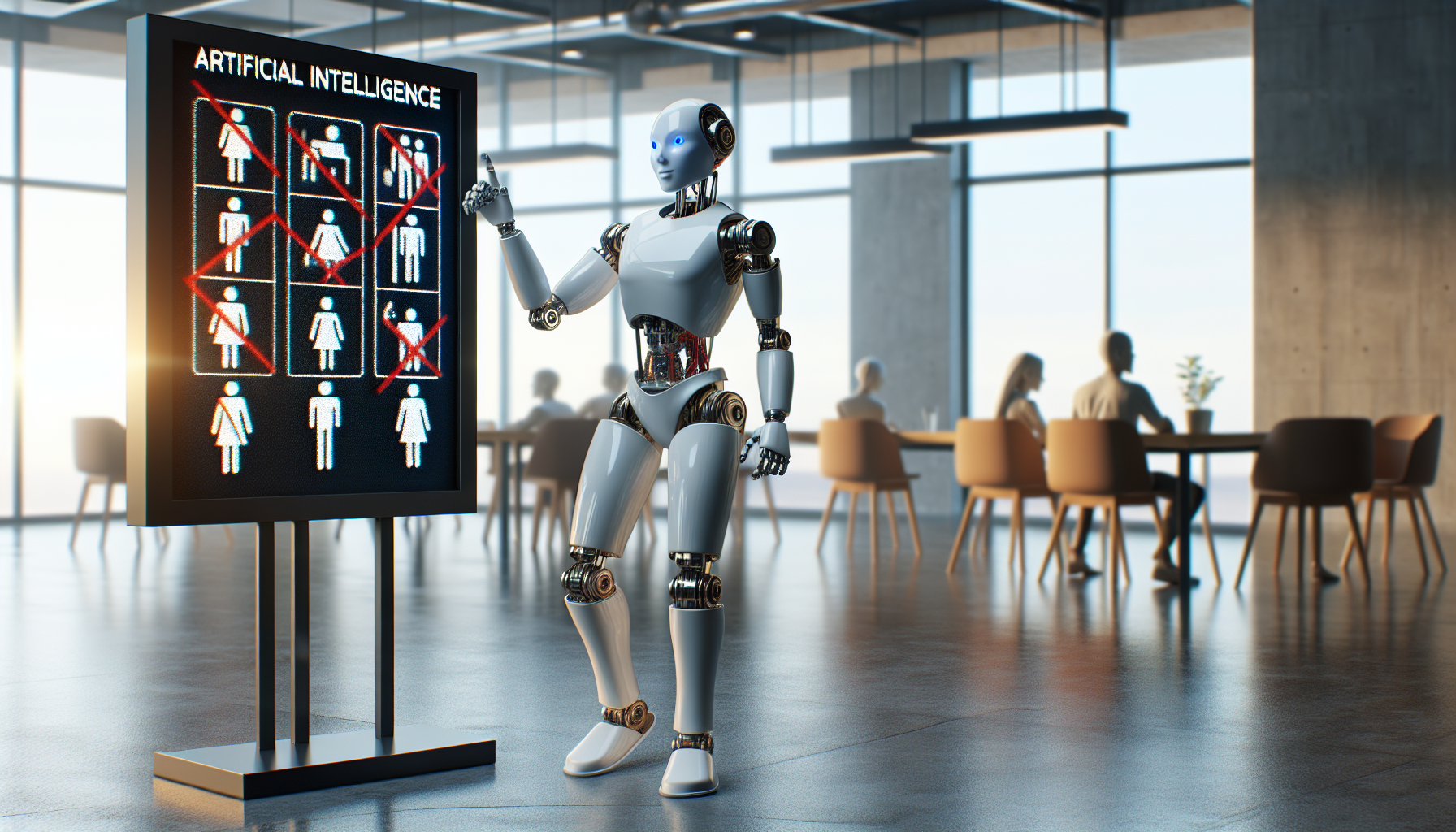
AI in Smart Cities: Are Robots Really Going to Steal Your Parking Spot?
October 29, 2025
So, you've heard the one about robots taking over the world, right? It's a classic. But before you start panicking about R2-D2 swiping your parking spot downtown, let's bust some myths about artificial intelligence and its role in developing smart cities. Grab your virtual popcorn because this is going to be more entertaining than your aunt's latest conspiracy theory.
First things first, let's clarify what a smart city really is. Imagine a place where your morning coffee orders itself, your trash can texts the garbage truck when it's full, and traffic lights are smarter than your average teenager. Sounds futuristic, right? Well, that's the dream. And while AI plays a significant role in this urban utopia, it's not exactly plotting to overthrow humanity—or your parking privileges.
Let's talk about one of the most common misconceptions: the idea that AI is synonymous with "Big Brother." Sure, a smart city involves a lot of data collection. But let's be clear—no one is interested in your marathon sessions of cat videos. The data gathered by AI in smart cities is more concerned with improving efficiency, reducing waste, and making life a tad bit easier for everyone. The goal is to create cities that are more responsive and adaptable, like your favorite pair of stretchy pants.
Now, onto the myth that AI will make everything expensive and inaccessible. Spoiler alert: AI isn't some exclusive club for the wealthy. In fact, it's quite the opposite. By optimizing resources and streamlining processes, AI actually helps save money. Picture this: AI-powered systems can reduce energy consumption in buildings, cut down on traffic congestion (and those pesky carbon emissions), and even help cities respond more effectively to emergencies. It's like having a superhero squad working behind the scenes, minus the capes and dramatic entrances.
Another tale as old as time: AI is going to turn cities into cold, impersonal places. If you think smart cities are all about cold metal and flashing lights, think again. AI can actually enhance the human experience. Imagine augmented reality guiding you through a museum, or AI-curated events popping up in your neighborhood based on your interests. It's like having a city that knows you better than your own mother—minus the unsolicited advice about your haircut.
Let's not forget the myth that AI in smart cities will result in mass unemployment. While it's true that AI automates certain tasks, it doesn't spell doom for the job market. In fact, new opportunities are emerging left and right. Think about the jobs that didn't exist a few years ago—like drone operators or app developers. AI is more about collaboration than replacement. If anything, it's going to need a lot of smart humans to keep it in check and make sure it doesn’t accidentally order a thousand pizzas (unless you're into that sort of thing).
And then there's the fear that AI will lead to a loss of privacy. Yes, data privacy is a concern, but smart cities are designed with robust security measures to protect residents' information. It's not like your refrigerator is going to start gossiping about your midnight snack habits. The focus is on transparency and ensuring that citizens have control over their data. It's like having a trustworthy friend who holds your secrets but never spills the beans.
Finally, the myth that smart cities are a distant fantasy. Believe it or not, the technology is already here, and it's being implemented in ways that are both surprising and delightful. From AI-driven public transport systems to smart lighting that adjusts to natural light levels, cities around the world are already reaping the benefits. The future is closer than you think, and it's looking pretty bright (literally, thanks to those energy-efficient LED street lights).
So, there you have it: a myth-busting whirlwind tour of AI's role in developing smart cities. It's not about robots ruling the world or your toaster suddenly becoming sentient. It's about creating urban environments that are safer, more efficient, and tailored to the needs of their inhabitants. The question now is, how will we choose to shape these cities of the future? Will we embrace the potential of AI to enhance our daily lives, or will we let myths hold us back? The choice is yours, dear reader. And remember, your parking spot is safe—for now.


